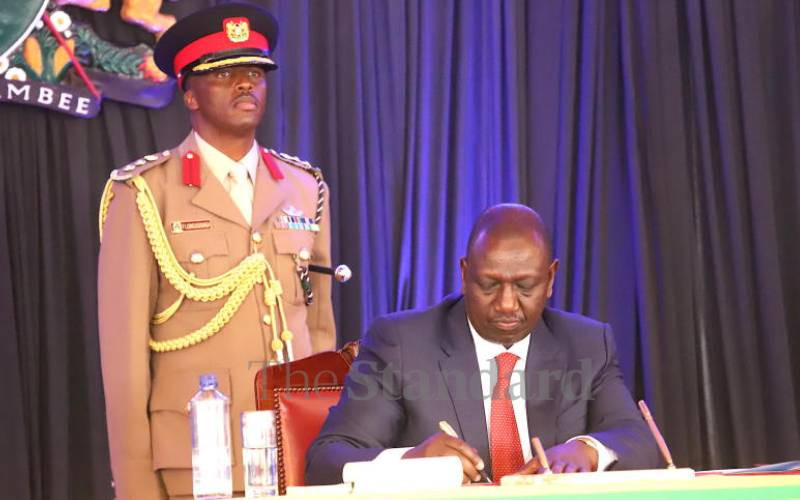×
The Standard e-Paper
Fearless, Trusted News

"How much could a banana republic cost?" Olufemi Taiwo, an assistant professor of philosophy at Georgetown University once asked.
He was referring to a time in the 1950s, the United Fruit Company - an American multinational attempted to buy Guatemala. And when Jacobo Arbenz, President of Guatemala refused to be bought, United Fruit got the CIA to do a coup on him. O Henry in his book 'Cabbages and Kings' coined the phrase "Banana Republic". He referred to Honduras as a "small time banana republic".